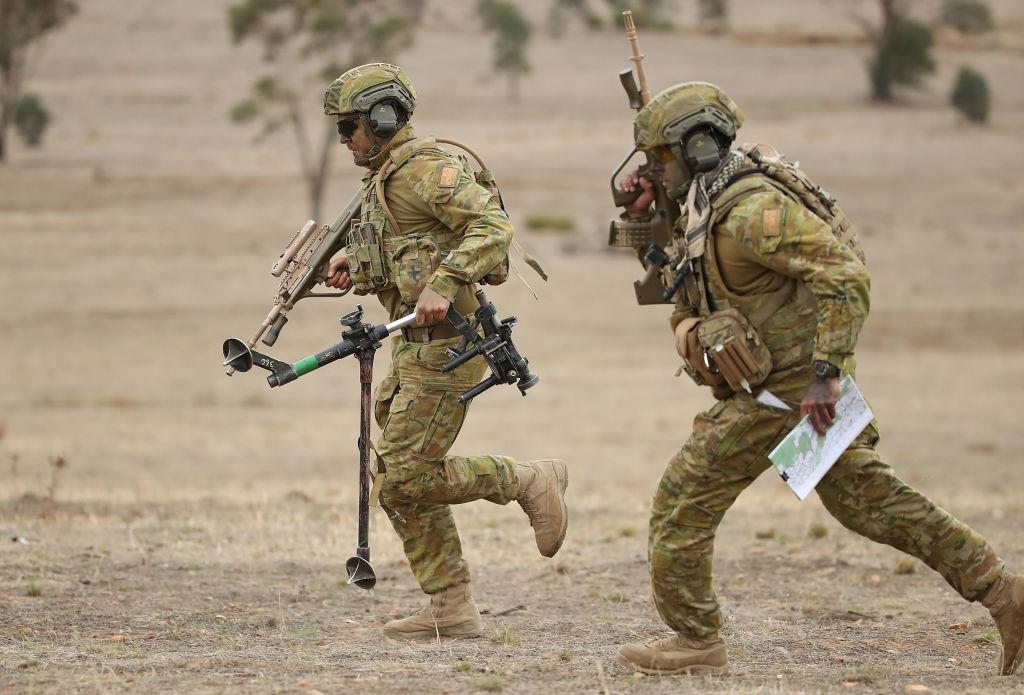Australia is examining its handling of veteran affairs and questioning senior public servants over issues such as suicide and support.
Currently, the Royal Commission on Defence and Veteran Suicide is holding hearings for seven days in Tasmania—home to the most veterans per capita of any jurisdiction in Australia, with more than 17,500 veterans.





